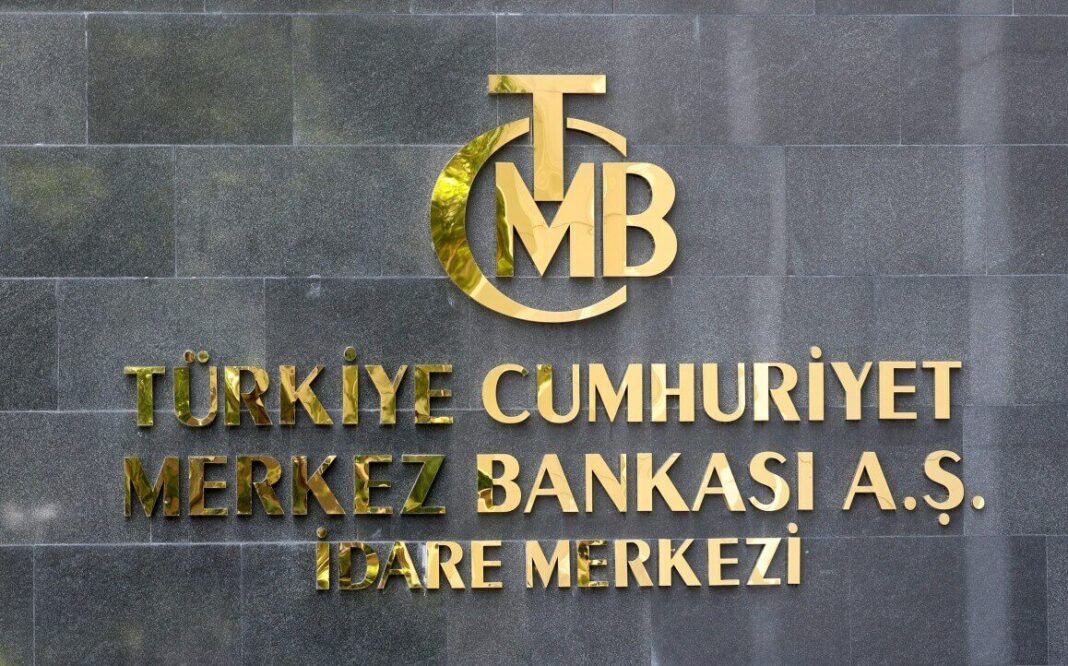Turkey’s central bank hiked its key interest rate to 46 percent on Thursday after a month of protests over the arrest of İstanbul’s opposition mayor put pressure on the economy.
The monetary policy committee “has decided to raise the policy rate from 42.5 percent to 46 percent,” the bank said in a statement.
The rate hike came as Turkey was roiled by street protests against the arrest and jailing of İstanbul’s popular Mayor Ekrem İmamoğlu on corruption charges he denies, which sent the Turkish lira to record lows against the dollar.
In addition to calls for boycotts against companies close to the government, the wave of protests has led to a significant decline in the Istanbul Stock Exchange, which has lost more than 13 percent since its close on March 18.
On the day of İmamoğlu’s arrest, the Turkish lira had plummeted by around 12 percent, reaching its lowest level ever.
This drastic drop was brief, but the lira has still lost more than 4 percent against the dollar since March 19, despite the $50 billion injection by the Turkish Central Bank to limit the damage.
The central bank said Thursday the tight monetary stance would be maintained “until price stability is achieved via a sustained decline in inflation.”
Annual inflation that soared to 75 percent in May of last year fell to 38.1 percent in March, its lowest level since December 2021, according to official figures released early this month.
Authorities are officially targeting 24 percent by the end of 2025.
“The committee will prudently adjust the policy rate on a meeting-by-meeting basis with a focus on the inflation outlook,” the bank said.
“Monetary policy stance will be tightened in the event a significant and persistent deterioration in inflation is foreseen.”
© Agence France-Presse





